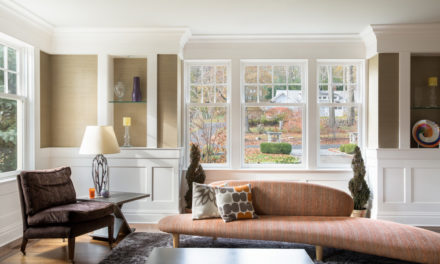What are your responsibilities as a tenant? As a tenant, you are expected to occupy the property in a ‘tenant-like’ manner. It’s an odd phrase. But what it means is that you should behave in a usual manner that a normal householder should do. For example, you should be responsible for:
- Changing lightbulbs.
- Changing or testing batteries in smoke or carbon monoxide detectors.
- Not putting anything down sinks that might lead them to block.
- Keeping the garden tidy if you have one.
- Regularly cleaning the property.
- Not allowing baths and showers to overflow.
What are the most common landlord mistakes
Managing your tenancy
Tenants also have responsibility for maintaining certain aspects of the property, such as the garden, furniture (which must be fire resistant) and any equipment supplied by the landlord. The tenant must ensure the property is:
- Clean.
- Not damaged by themselves or anyone else.
- Not smoked in by themselves or others.
But also, tenants must:
- Look after the property and carry out general maintenance. This includes changing fuses, light bulbs, and unblocking sinks if required.
- Use the heating system responsibly, ensuring no vents are blocked.
- Ensure that if they choose to renovate or change the existing equipment in the property without the landlord’s permission (for example, to the central heating) they are responsible for any problems to the structure or interior of the property, should they occur. In this case, the landlord is not responsible for repairing any damage caused.
Portable Appliance Testing (PAT) for residential lettings
Causing damage
If a tenant causes any damage to furniture or the interior of the property then the landlord has a right to charge the tenant for any repair work carried out or replacements needed, by deducting damage costs from the deposit.
If maintenance issues arise it’s the tenant’s responsibility to let the landlord know so that they can arrange a repair and take any reasonable action to limit any damage as a result. For example, if there is a burst pipe, you should try and switch off the water to reduce any damage.
The tenancy agreement will also require you to pay your rent on time, in the way specified, and without any deductions. If you have agreed to take a cost from the rent with your landlord and it is your agent who collects rent, you should make sure that you or the landlord confirm the arrangement with them so that they do not think that you have short paid.
Electrical Safety Regulations for rental properties
If you receive a notice at the property that is for the owner (for example a consultation notice for a planning application for a nearby property), though it is not your legal responsibility to forward this on we would strongly recommend you do so in case they wish to dispute the application (please note that you too have the ability to dispute a planning application if you see fit). We would also recommend that you check the details of your tenancy agreement regarding what to do with any other mail you may receive for your landlord, as some agreements may require you to forward items on.
Allowing the landlord to enter the property
During the tenancy and subject to reasonable notice you should allow the landlord, his workmen or his agents to inspect the property. Reasonable notice is normally considered to be 24 hours.
There may come a time in your tenancy when you require emergency repair. This could include having a problem with the plumbing or heating.
If the property is a block of flats pest control is often done by the building managers to prevent the pests moving from flat to flat.
What is rent guarantee insurance
The landlord has a contractual responsibility to maintain the property in good working order. Most maintenance costs will be covered by them. If, however, they are repairing damage that you have caused then you would reasonably be expected to cover the cost. This would also apply to the cost of any appointments they had made with you for a contractor to attend which you may not have kept.
There is a line between good maintenance and property upgrades. And the landlord may decline the latter if the property is still safe to occupy.
As part of your tenancy agreement, you will be entitled to ‘quiet enjoyment’ and you should not expect unannounced visits and harassment from your landlord. Equally, your neighbours should expect the same and so you should not do anything to unnecessarily disturb them.
What is West London Property Networking?
If you have any questions on property or block management, please contact Pelin Martin to book a 30-minute complimentary property consultation on +0208 994 7327 – pm@bluecrystallondon.co.uk


